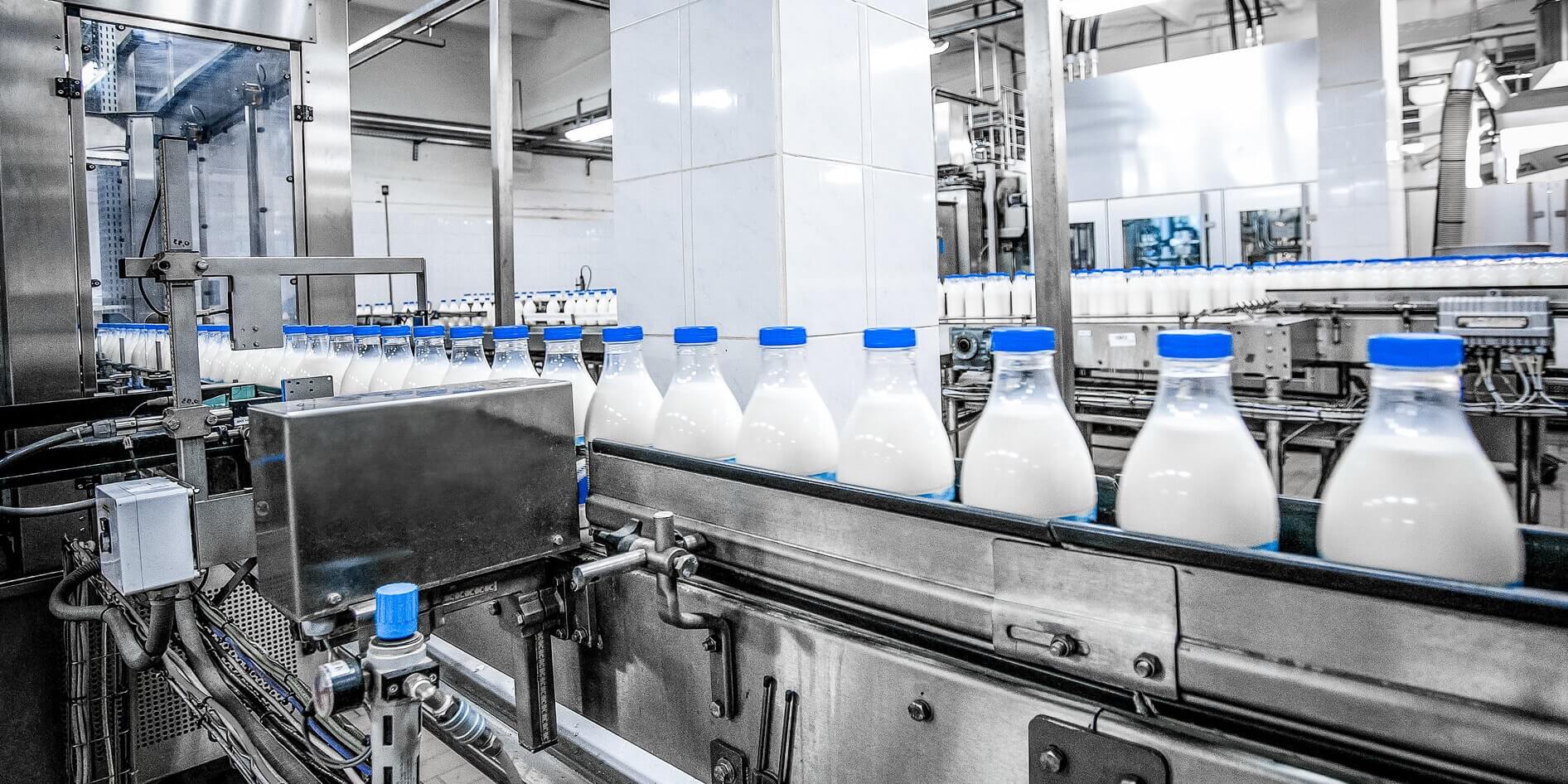Industry experts report an exponential rise in the cost of certification, amounting to a “hidden import tariff”.
A recent Egyptian government decision that mandates all halal certification be carried out by a single state-run firm has come under fire from Western dairy producers who claim the move amounts to a punishing trade barrier.
In a joint letter, industry stakeholders from the European Union, United States, Australia and New Zealand called on their governments to urge Egypt to drop the mandate issued on 1 October, which calls for all dairy imports to be certified only by ISEG Halal.
In 2020, Egypt imported dairy products worth over $700 million, of which these four countries supplied over 83%.
According to the letter, the mandate was introduced without prior notification to the World Trade Organisation (WTO) or other detailed written guidance, creating “significant uncertainty and upheaval.” The WTO Committee on Technical Barriers received Egypt’s notification on 30 November.
“This one-sided approach corresponds to a monopolisation that doesn’t provide any added value and security for the consumer,” Björn Börgermann told Salaam Gateway. Börgermann is the excutive director of export union für Milchprodukte, an association for German milk exporters.
“The consequences are a compromised trade, resulting in a lot of additional work and costs.”
The EU is Egypt's biggest trading partner, covering 24.5% of Egypt's trade volume in 2020. Total trade in goods amounted to €24.5 billion ($27.7 billion). The dairy sector accounts for 0.3% of Egypt’s GDP. According to the UN’s Food and Agriculture Organization (FAO), Egypt is a net importer of milk and beef.
Egypt appointed ISEG Halal as the sole official entity responsible for granting halal-certified status for imported products, establishing the joint-stock company in January 2020 as per Prime Ministerial Decree No. 35/2020.
The company is managed by the Ministry of Islamic Affairs and the Ministry of Agriculture and Land Reclamation as well as the General Organization for Export and Import Control, an agency of the Ministry of Trade and Industry.
Another trade ministry agency, the Egyptian Organisation for Standardisation (EOS), holds a 2% share. However, EOS won’t receive any earnings from the joint-stock company’s revenue stream.
In the past, the Ministry of Agriculture licenced halal certifiers worldwide. In 2019, Egyptian officials audited halal certifiers and slaughter facilities in the US and Brazil.
The audits raised quality concerns, Salaam Gateway reported. This matter and the desire for a unified Egyptian halal standard were the reported reasons for establishing ISEG Halal.
The ISEG website lists offices in the US, Uruguay and India. In the US, the ISEG office is based in Fort Lee, New Jersey. According to the local records, the company was already incorporated in November 2017.
The US Foreign Agricultural Service (FAS) in Cairo reported that the firm had no pre-existing relationships with the US beef industry or local Islamic organisations or prior halal certification experience.
According to a local paper, the New Zealand Companies Register incorporated ISEG Halal on 1- September, registered in the US.
In the same month, New Zealand’s Ministry for Prime Industries informed the dairy industry that all global food and beverage products imported into Egypt – not just those claiming to be halal – need to have halal certification.
Cost, challenges and concerns
“We learned about the change of rules by pure chance,” Börgermann said. “It was communicated late, providing incomplete information about processes and costs.”
Dairy industry representatives argue no other market has imposed a sole source requirement that mandates the use of a single halal certifying company.
“Numerous other countries across the Middle East and Southeast Asia use dairy halal certification systems that work well and are widely used by our members as a valuable tool in helping meet customers’ religious information needs,” the bodies said in the letter addressed to their governments.
Meanwhile, companies report problems securing new import permits, and exporters worry about shipments potentially being denied market entry from mid-December.
According to a memo by the Dutch Ministry of Agriculture, the cost of halal certification by ISEG Halal is $1,500 per container of dairy and $2,000 per container of meat.
“It will burn all the margins of the industry,” said Mohamed Ali, partner at consulting firm Dinar Standard (parent company of Salaam Gateway) and food practice lead. He added that the industry was already plagued by sky-rocketing shipping costs caused by the pandemic.
“Actually, it’s a hidden import tariff,” Ali said of the new charges.
Egypt and the EU signed a free trade agreement that provides preferential tariffs on EU-origin products. Negotiations about a vast free trade area started in 2013 but are currently on hold.
In the US, halal certifiers used to charge $10-$20 per metric tonne for certification. With ISEG Halal taking over, market reports indicate an increase to $220 per metric tonne, amounting to over $5,000 per container, based on a load factor of 27 metric tonnes.
In 2020, US exports of beef and beef products to Egypt fell by 26% to $57 million. Dairy products saw the largest export growth, up by 69% to $77 million.
Looking at the current setup, Dinar Standard’s Ali expressed concerns over potential conflicts of interests and recommended a halal certification eco-system that provides segregation of duty. The concept assigns various steps in a process to different entities to eliminate opportunities for fraudulent activities by having process controls in place.
Livestock is an integral part of Egypt’s agriculture, accounting for about 37.5% of the total value of agricultural production. Over 5 million cattle and buffalo generate about 6 million tonnes of milk and 0.5 million tonnes of meat per year, producing output worth $8 billion annually, reports the FAO.
With Egypt’s population expected to grow by some 50 percent from 100 to 150 million over the next 30 years, beef, poultry and fish supply will have to increase by 109%, milk by 290%, and eggs by 162% to satisfy the dietary requirements and reduce import dependence by 2050.
© SalaamGateway.com 2021 All Rights Reserved

